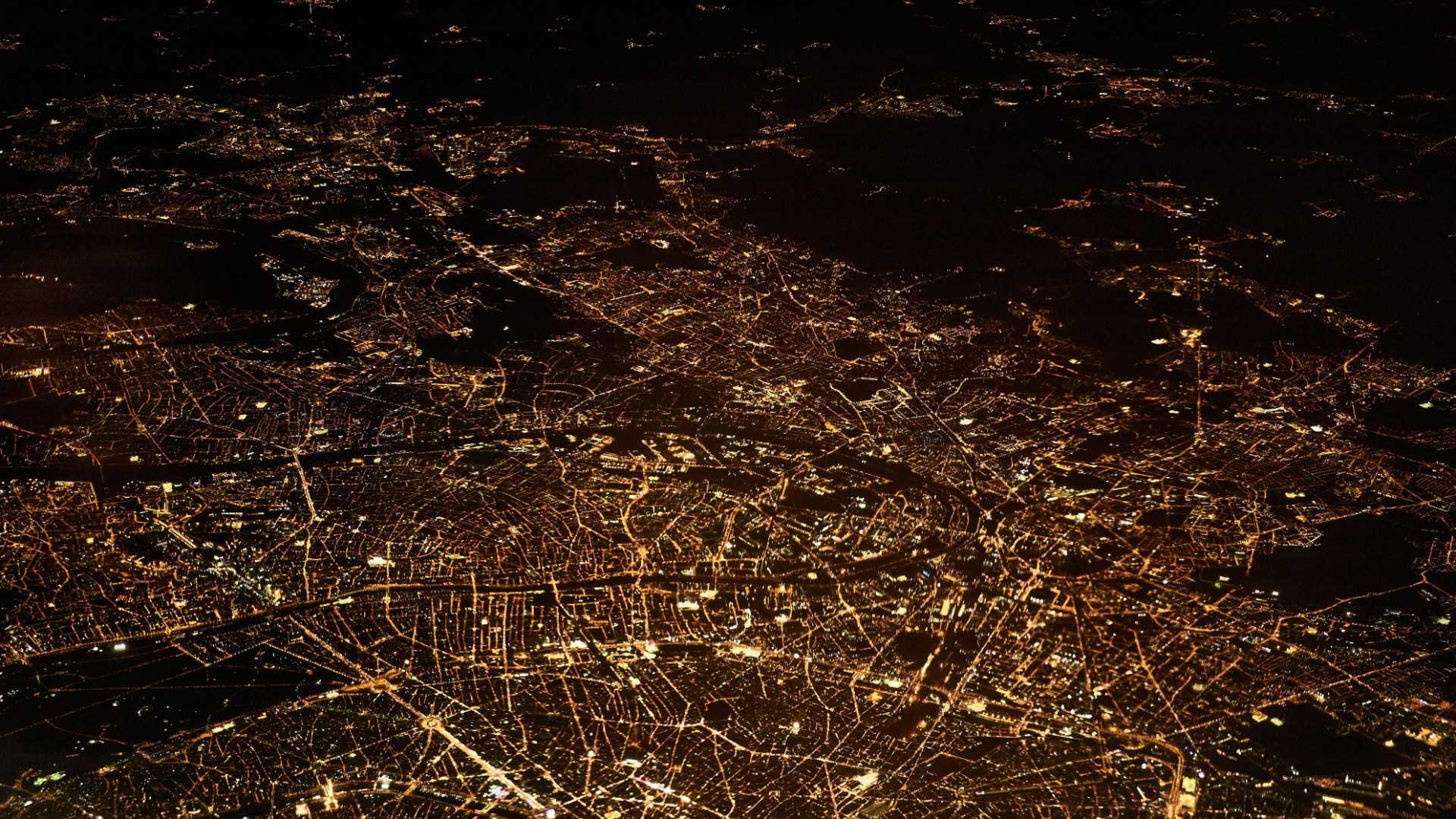Cadbury Chocolate was founded by a Quaker, John Cadbury, who has a strong sense of social responsibility motivated by his Christian convictions.
His family were anti-slavery and campaigned for abolition. John opened a grocery store in 1824 and hoped that selling drinking chocolate would be an alternative beverage to alcohol. He was concerned that alcoholism led to poverty when people couldn’t work. He devoted himself to social causes after handing over the business to his sons 35 years later.
Richard and George struggled to improve the business and their product, and continued find ways of improving people’s lives. At a time when factories were dismal and dangerous places to work, the Cadburys made sure theirs were safe and humane. George was committed to social reform, and in 1893, they bought up land around their factory to build a community for their workers, named Bournville Village. They wanted to provide a safe, pleasant place to live as an alternative for grimy cities. Each home was comfortable and had a plot of land to grow vegetables. They built a community for families to enjoy activities. They provided their employees with good wages, medical treatment, educational opportunities, and pension plans, which was very unusual for the time. They introduced the 5-1/2 day work week and closing for bank holidays. The factory had sports facilities for the employees. In 1918, the Cadburys organized elected work councils, made up of equal numbers of wokers and management. The councils, one for men and one for women, oversaw the welfare of workers and their families.
George said of his plans: “If each man could have his own house, a large garden to cultivate and healthy surroundings—then, I thought, there will be for them a better opportunity of a happy family life.”...The brothers set new standards for working and living conditions in Victorian Britain and the Cadbury plant in Bournville became known as “the factory in a garden.”
George and his wife used their fortune to benefit their community, opening a hospital, building a camp for city children to holiday, and donating land for parks. Their home is still used as Europe’s only Quaker study center.

